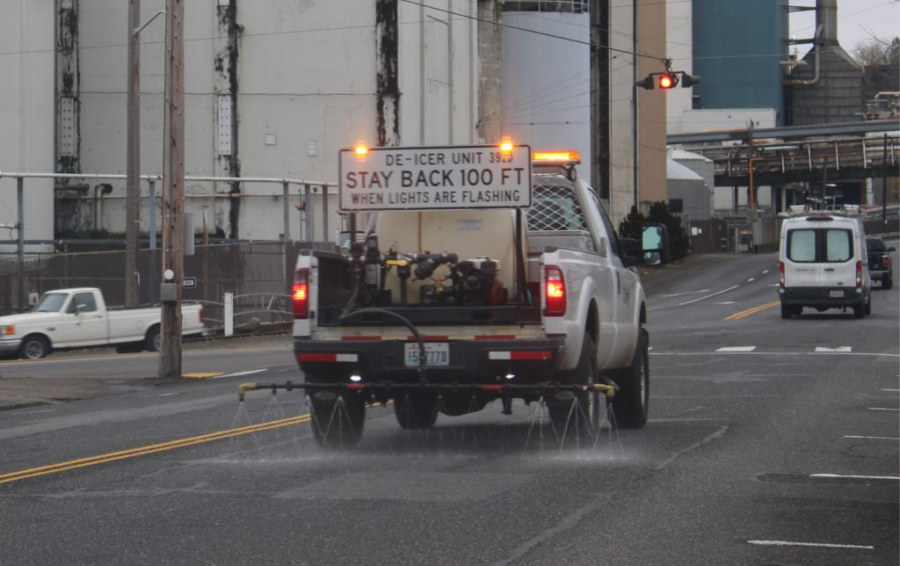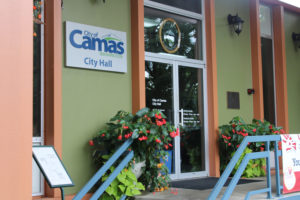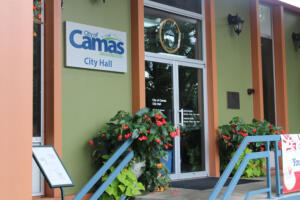The city of Camas could someday have its own cold- and possibly hot-weather shelter if city officials can find a suitable space and work through the logistics and associated costs.
At a mid-June workshop, Camas Mayor Steve Hogan pitched the idea of opening a cold-weather shelter inside a city-owned building to the Camas City Council members.
“For me, it’s a safety issue,” Hogan said, adding in his report to the Council that he is “fully committed to conducting comprehensive and detailed research over the next 90 days, ensuring that all aspects of this proposal are thoroughly considered.”
The mayor said recent meetings with emergency preparedness groups, including the Clark Regional Emergency Services Agency (CRESA) and the American Red Cross, led him to consider establishing a cold-weather shelter in the city of Camas.
“In Camas, last January, we had a number of homeless people out in the weather for some time,” Hogan said. “And, simultaneously, there were a lot of broken pipes and heaters that went out across the city.”





